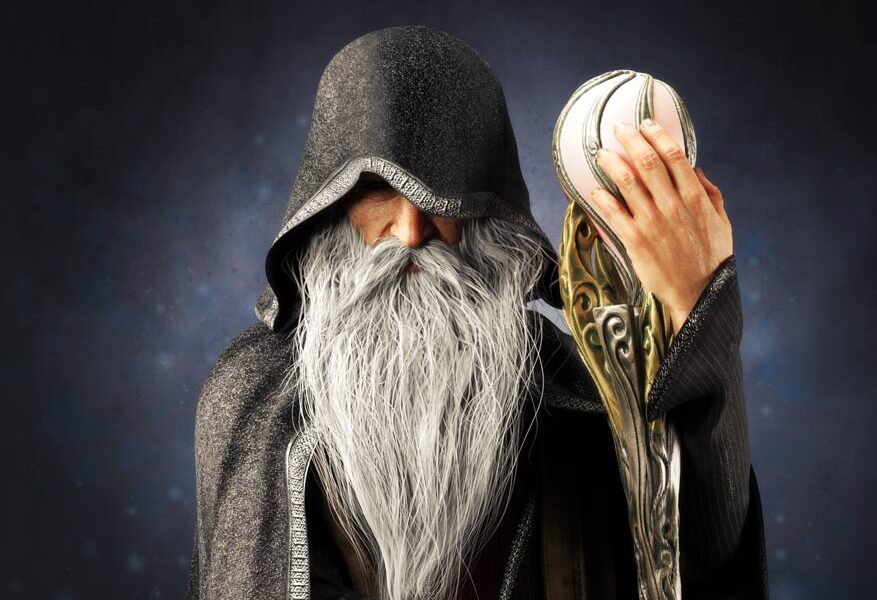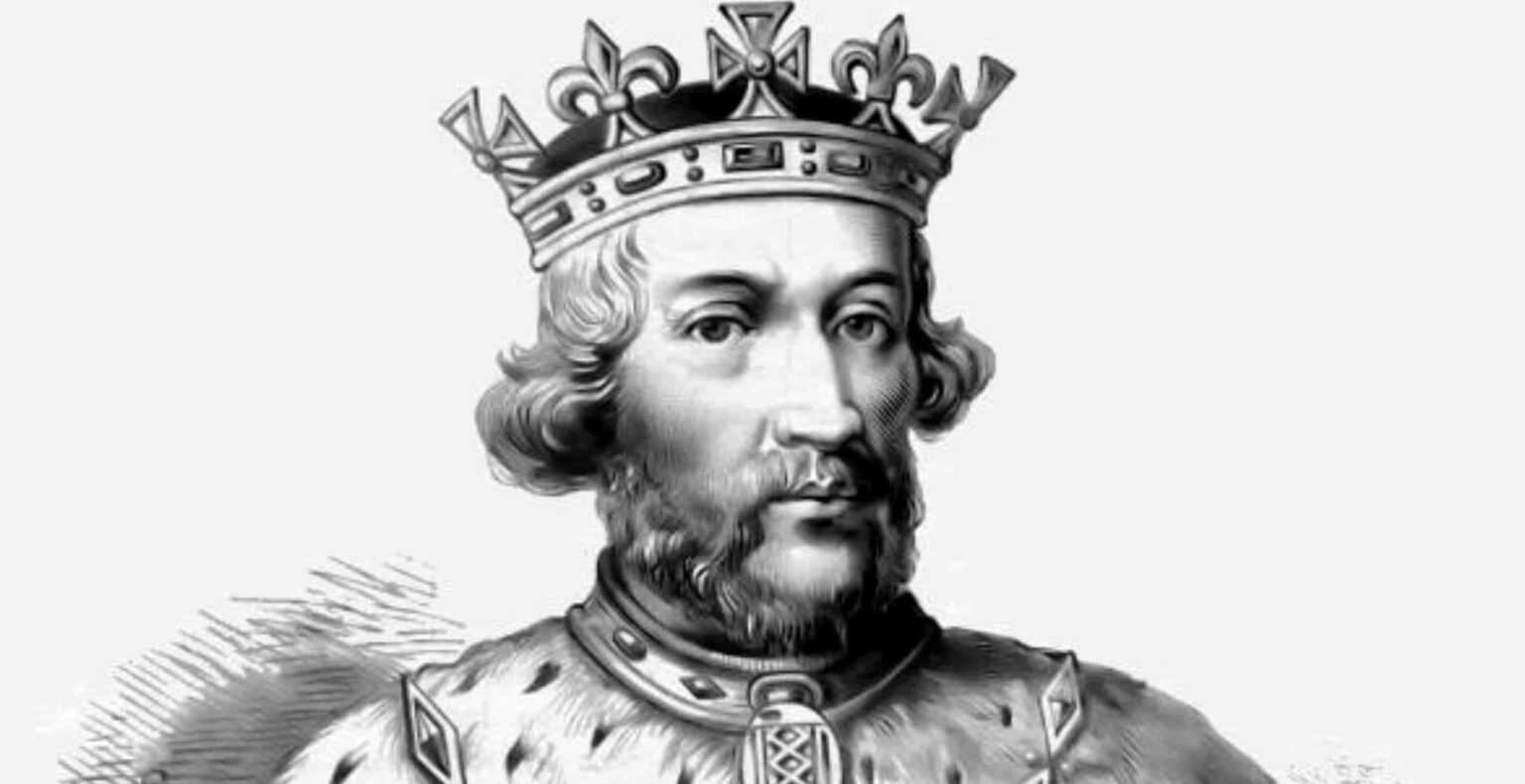When you think about famous wizards in history, your mind might immediately jump to fictional characters like Gandalf or Harry Potter. But did you know that throughout human history, there have been real-life individuals who were revered as wizards, sorcerers, and mystics? These historical figures weren’t just myth—they were people who shaped cultures, inspired legends, and left a magical mark on the world. So, buckle up because we’re diving deep into the enchanting realm of famous wizards in history.
History is filled with stories of people who were considered wise beyond measure, masters of the arcane arts, and keepers of secrets that seemed almost supernatural. These wizards weren’t just magicians in the modern sense; they were philosophers, scientists, and visionaries who walked a fine line between knowledge and mystery. Their lives were a blend of fact and fantasy, and their legacies continue to fascinate us to this day.
From ancient civilizations to the medieval era and beyond, famous wizards in history have been celebrated for their wisdom, power, and ability to bend the laws of nature—or at least make it seem that way. Whether they were alchemists, astrologers, or mystics, these individuals left an indelible mark on the world. Let’s explore who they were and what made them so extraordinary.
Read also:Tina Leung Age Discovering The Life And Journey Of A Remarkable Woman
Table of Contents
- Biography of Famous Wizards
- Merlin: The Great Enchanter
- Albertus Magnus: The Scientist Wizard
- John Dee: The Elizabethan Mystic
- Nostradamus: The Prophet Wizard
- Nicolas Flamel: The Alchemist
- The Hermetic Tradition: A Wizard’s Legacy
- Magic in the Medieval World
- Modern Perception of Wizards
- Conclusion: The Magic Lives On
Biography of Famous Wizards
Before we dive into the magical tales of famous wizards in history, let’s take a moment to understand who these people really were. Wizards weren’t just magicians in the traditional sense; they were scholars, philosophers, and seekers of knowledge. Many of them lived in times when science and magic were intertwined, and their work often blurred the lines between the two.
Here’s a quick look at some of the most famous wizards in history:
| Name | Time Period | Claim to Fame |
|---|---|---|
| Merlin | 6th Century | Advisor to King Arthur and legendary enchanter |
| Albertus Magnus | 13th Century | Philosopher, scientist, and alchemist |
| John Dee | 16th Century | Renaissance scholar and advisor to Queen Elizabeth I |
| Nostradamus | 16th Century | Famous for his prophecies and predictions |
| Nicolas Flamel | 14th Century | Alchemist believed to have discovered the Philosopher’s Stone |
These wizards were not just figures of legend; they were real people who lived in a world where magic and science coexisted. Their stories are a testament to the power of human curiosity and the desire to unlock the mysteries of the universe.
Merlin: The Great Enchanter
The Legend of Merlin
Merlin is probably one of the most famous wizards in history, and for good reason. As the advisor to King Arthur, Merlin was more than just a sorcerer—he was a guide, a mentor, and a keeper of secrets. His story is steeped in myth and legend, but there’s evidence to suggest that he might have been based on a real person.
Merlin’s origins are shrouded in mystery, but many believe he was inspired by a Welsh bard named Myrddin Wyllt, who lived in the 6th century. Myrddin was said to be a prophet and a madman, living in the forest and uttering cryptic predictions. Over time, his story evolved into the legendary figure we know today.
Merlin’s Magical Achievements
Merlin’s most famous feat was the creation of Stonehenge. According to legend, he used his magic to transport the massive stones from Ireland to England, creating one of the world’s most mysterious monuments. Whether or not this story is true, it speaks to the awe-inspiring power that Merlin was believed to possess.
Read also:Words Of Inspiration For Him Igniting His Inner Strength
Merlin’s legacy lives on in countless books, movies, and TV shows, making him one of the most enduring figures in the history of wizardry.
Albertus Magnus: The Scientist Wizard
A Wizard Among Scholars
Albertus Magnus, also known as Albert the Great, was a 13th-century Dominican friar, philosopher, and scientist. He was known for his vast knowledge of natural science, philosophy, and theology, but he also had a reputation as a wizard. Albertus was believed to have conducted experiments in alchemy and created a legendary automaton that could speak.
Despite his reputation as a wizard, Albertus was a devout Christian who saw no conflict between faith and reason. He believed that the study of nature was a way to understand God’s creation, and his work laid the foundation for modern science.
Albertus’ Contributions to Wizardry
Albertus Magnus is often credited with discovering the properties of arsenic and creating the first recorded recipe for gunpowder. While these achievements might not seem magical by today’s standards, they were groundbreaking at the time. Albertus’ work in alchemy and natural science earned him the nickname "the Universal Doctor," and his influence can still be felt in the scientific community today.
John Dee: The Elizabethan Mystic
The Renaissance Man
John Dee was a 16th-century English mathematician, astronomer, and astrologer who served as an advisor to Queen Elizabeth I. He was also a devout Christian and a practitioner of ceremonial magic, making him one of the most fascinating figures in the history of wizardry.
Dee was known for his vast library, which was one of the largest in England at the time. He was also a pioneer in the field of navigation, helping to develop the tools and techniques that made the Age of Exploration possible.
Dee’s Magical Practices
John Dee’s magical practices were deeply intertwined with his scientific work. He believed that magic and science were two sides of the same coin, and he spent much of his life trying to bridge the gap between them. Dee’s most famous magical experiments involved scrying, or crystal gazing, which he believed allowed him to communicate with angels.
Dee’s work in ceremonial magic and his connection to the Elizabethan court made him a controversial figure in his time, but his legacy as a scholar and mystic endures to this day.
Nostradamus: The Prophet Wizard
The Seer of the Future
Nostradamus, born Michel de Nostredame, was a 16th-century French astrologer and physician who became famous for his prophecies. His most famous work, "Les Prophéties," is a collection of quatrains that have been interpreted in countless ways over the centuries.
Nostradamus claimed to have received his visions through a combination of astrology, alchemy, and divine inspiration. His prophecies were often cryptic and open to interpretation, but they have been credited with predicting everything from the French Revolution to the rise of Adolf Hitler.
Nostradamus’ Legacy
Nostradamus’ legacy as a wizard and prophet is a mixed bag. While some of his predictions have been eerily accurate, others have been dismissed as vague and open to interpretation. Regardless of the truth, Nostradamus remains one of the most famous wizards in history, and his work continues to fascinate and inspire people around the world.
Nicolas Flamel: The Alchemist
The Philosopher’s Stone
Nicolas Flamel was a 14th-century French scribe and bookseller who became famous for his supposed discovery of the Philosopher’s Stone, a legendary substance said to turn base metals into gold and grant eternal life. Flamel’s story has been the subject of countless books, movies, and TV shows, but the truth behind his legend is a bit more complicated.
Flamel was a real person who lived in Paris during the 14th century. He was known for his generosity and his love of books, but there’s no definitive proof that he ever discovered the Philosopher’s Stone. Despite this, his legend has endured, and he remains one of the most famous alchemists in history.
Flamel’s Magical Legacy
Flamel’s most famous work is the "Book of Abraham the Jew," a text that supposedly contained the secrets of alchemy. While the authenticity of this text is debated, it has inspired countless alchemists and mystics over the centuries.
Flamel’s legacy as a wizard and alchemist continues to inspire people today, and his story serves as a reminder of the enduring appeal of the mysterious and the unknown.
The Hermetic Tradition: A Wizard’s Legacy
The Roots of Hermeticism
The Hermetic tradition is a spiritual and philosophical movement that traces its roots back to the legendary figure of Hermes Trismegistus, a combination of the Greek god Hermes and the Egyptian god Thoth. Hermeticism emphasizes the pursuit of knowledge, self-discovery, and spiritual enlightenment, and it has influenced countless wizards and mystics throughout history.
Hermeticism is based on the idea that the universe is a reflection of the divine, and that by understanding the laws of nature, we can unlock the secrets of the universe. This belief has inspired everything from alchemy to modern science, and it continues to influence thinkers and seekers to this day.
The Influence of Hermeticism
Hermeticism has had a profound influence on the history of wizardry. Many famous wizards, including John Dee and Nicolas Flamel, were deeply influenced by Hermetic teachings. The Hermetic tradition also played a key role in the development of the Enlightenment, as it encouraged people to question authority and seek knowledge for themselves.
Magic in the Medieval World
The Role of Wizards in Medieval Society
During the medieval period, wizards and magicians played an important role in society. They were often seen as wise men and advisors to kings and nobles, and their knowledge of the arcane arts was highly valued. However, they were also often viewed with suspicion and fear, as their powers were seen as both a blessing and a curse.
Medieval wizards were often associated with alchemy, astrology, and ceremonial magic, and their work was seen as a way to bridge the gap between the earthly and the divine. Despite the risks, many wizards were willing to push the boundaries of knowledge in their quest for enlightenment.
The Dark Side of Wizardry
Not all wizards in the medieval world were revered. Some were accused of witchcraft and sorcery, and many were persecuted for their beliefs. The witch hunts of the 16th and 17th centuries were a dark chapter in the history of wizardry, and they serve as a reminder of the dangers of fear and superstition.
Modern Perception of Wizards
The Wizard in Pop Culture
In modern times, wizards have become a staple of pop culture, appearing in everything from books and movies to video games and theme parks. Characters like Gandalf, Dumbledore, and Harry Potter have captured the imaginations of millions of people around the world, and they continue to inspire new generations of fans.
While these fictional wizards may not be based on real people, they are


